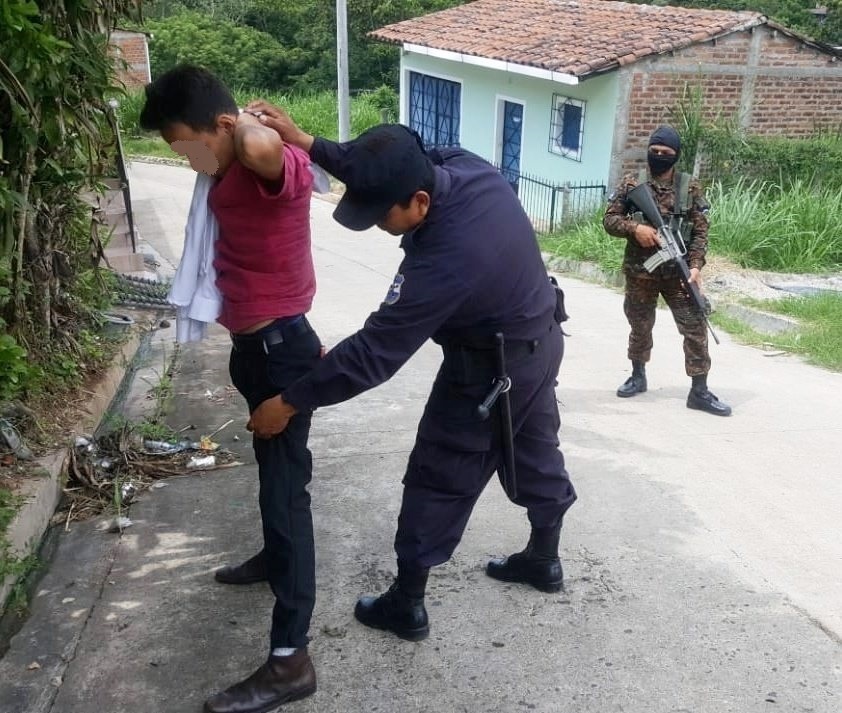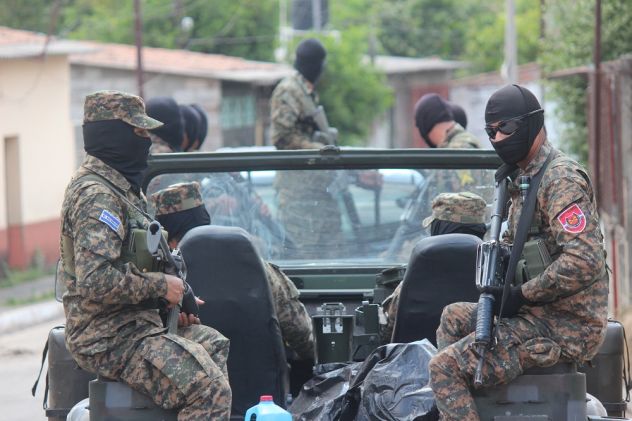Thanks to interagency cooperation, the Salvadoran Armed Force (FAES, in Spanish), the National Civil Police (PNC, in Spanish), the Office of the Attorney General, and the Ministry of Justice of El Salvador contributed to reducing crime in the nation in the first 60 days of the Territorial Control Plan, a security strategy that targets gang finances and strengthens security forces’ capabilities.
“We closed the month [August] with fewer homicides than since the peace accords,” said Salvadoran President Nayib Bukele. “On June 1, the country registered 10 violent deaths a day; today [August 30] the average is less than four,” French radio station RFI indicated on its website.
The territorial plan began on June 20, in areas with crime recidivism and where criminals, especially gangs, get funding through extortion. “We registered more than 11,600 captures between June and August,” the PNC told the press.
“Other achievements are perimeter surveillance of correctional facilities and the increase of detentions and seizures at illegal border crossings,” Salvadoran Army Colonel Carlos Alberto Tejada Murcia, chairman of FAES Joint Chiefs of Staff, told Diálogo.
The Ministry of Defense said it would include more soldiers in the plan to recover the territories with high crime rates. The intent is to add 3,000 agents by October 1 to join the 8,600 service members who are already working in 22 municipalities.
“The deployed soldiers are part of Zeus Command in support of the PNC, which reinforce the Joint Community Support Groups against gangs and terrorists, and San Carlos Command, which provides perimeter security and surveillance in all correctional facilities nationwide to avoid terrorists and gangs from ordering extortion and killings from within,” Col. Tejada said. “They also operate with Vulcano Task Force, with day and night patrols in areas besieged by gangs, in the Special Forces Command, and in the Sumpul Command, to disrupt smuggling and arms trafficking.”

The Legislative Assembly is in the process of passing the second phase of the Territorial Control Plan, which seeks to reduce the recruitment of youth by gangs.









